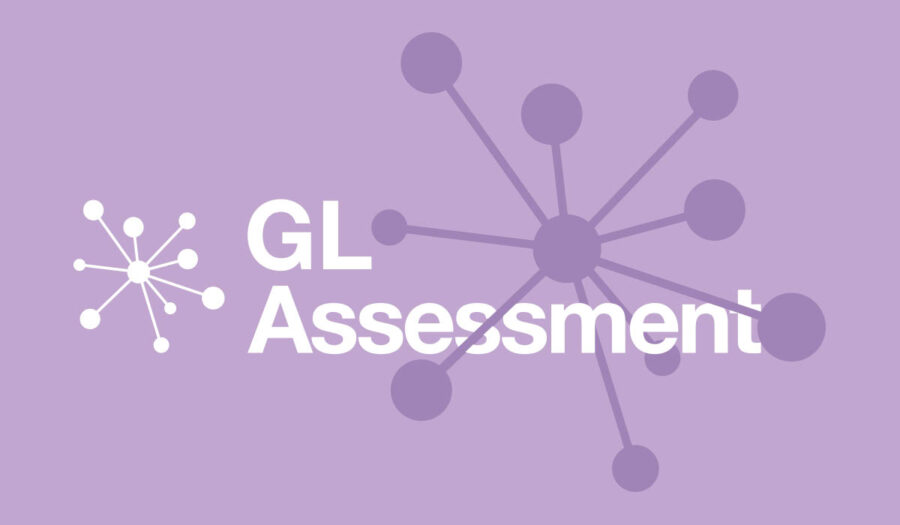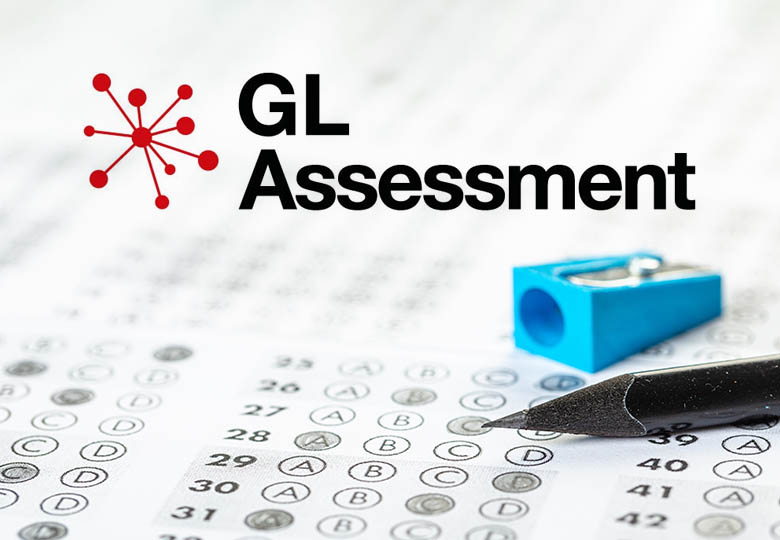Grammar schools in Birmingham currently only use GL 11 Plus examinations to determine whether a child should be offered a place.
Parents whose children are set to take the 11 Plus Examinations in 2023 may be curious about the current nature of the test their young ones will be facing.
As it stands, GL Assessment is now the principal supplier of grammar school assessments in Birmingham.
We have compiled a comprehensive guide that covers all the essential details, including complimentary study materials that can aid your child’s preparation.
GL Assessment and the 11 Plus examination
Granada Learning or GL Assessment provides formative assessments to schools in the United Kingdom and Ireland.
GL Assessment, along with CEM (Centre for Evaluation and Monitoring), is responsible for producing the 11 Plus tests in the UK. A select few independent schools use 11 Plus tests provided by a third examining body ISEB (Independent Schools Examining Board).
These exams serve as the primary determinant for admission into most grammar schools, as well as some independent schools.
Grammar schools in Birmingham currently only use 11 Plus tests provided by GL Assessment.
The 11 Plus examinations provided by GL Assessment are typically administered in a traditional, paper-based format, and are non-adaptive. This means that the level of difficulty remains constant throughout the test, regardless of the student’s responses.
GL 11 Plus Subjects
The GL 11 Plus test papers are made up of the following four sections:
- English
- Mathematics
- Verbal Reasoning
- Non-verbal Reasoning
While primary schools teach English and Mathematics as part of the key stage 2 National Curriculum, the English and Mathematics questions in the GL 11 Plus examination syllabus are of Year 6 standards.
And since the exam is typically sat during the beginning of Year 6, children taking the exam do not possess the level of English and Mathematics proficiency required to pass the 11 Plus.
It is also important to note that the 11 Plus for some school authorities may decide to include English and Mathematics questions in the test that are more advanced than the key stage 2 National Curriculum standard.
Verbal Reasoning and Non-verbal Reasoning are not included in the primary school curriculum and are hence not commonly taught in schools. However, students may be exposed to some aspects of both subjects when being taught other disciplines in the key stage 2 National Curriculum such as English, Mathematics, Science, Design Technology, Art, and Computing.
Since children are not made explicitly familiar with Verbal and Non-verbal Reasoning in their early academic years, this portion of the 11 Plus exam can be exceptionally challenging for most students.
GL English
Although the English section of the 11 Plus as done by GL is subject to change, the most common structure for this part of the examination is:
- A text portion for reading comprehension with 20 questions
- Separate sections to test spelling, punctuation, and grammar with 12 questions for each segment
Reading comprehension
In the reading comprehension segment, students will encounter a written passage spanning approximately two sides of A4. The aim of this exercise is to evaluate their comprehension skills, including inference, deduction, and understanding of vocabulary in context.
The written material may take various forms, such as fiction, non-fiction, or poetry, and may range from traditional to contemporary. Therefore, having a solid grasp of vocabulary across various genres is advantageous.
The school your child attends will determine the answer format, with the most prevalent options being multiple-choice questions or standard answer boxes for written responses.
Spelling, punctuation, and grammar
The GL exams present two types of questions for this portion: ‘finish the sentence’ and ‘spot the error.’
There are usually a total of 36 questions in this part of the exam: with either 24 of the former type and 12 of the latter or vice versa.
Creative Writing
While GL 11 Plus examinations do not typically include creative writing tasks in their test papers, some grammar schools may include this component.
The creative writing section usually requires 11 Plus applicants to either continue writing a story from a text provided or write an original piece.
The writing task, if included in the exam, must be completed within a very short amount of time – typically in under an hour.
GL Mathematics
The GL 11 Plus examinations typically include a mathematics paper featuring a daunting 50 questions to be answered in a mere 50 minutes.
While this can seem like a formidable task for any child, there are ways to help them succeed.
The GL Assessment’s 11 Plus mathematics questions have been designed to correspond with the key stage 2 National Curriculum.
The sections that make up the mathematics questions include:
- Number
- Algebra
- Geometry
- Data
- Measurement
The mathematics portion of the 11 Plus is in the form of multiple-choice questions, although very occasionally there may be a small box for a written answer.
The questions involving ‘Numbers’ are the most common with five problems for every question on the rest of the topics.
GL Verbal Reasoning
The Verbal Reasoning portion of the GL 11 Plus examination evaluates a child’s aptitude in making connections, identifying patterns, and manipulating verbal information.
With 80 questions on average, this assessment is crucial in determining a student’s English, history, language, and arts strengths.
A child’s proficiency in Verbal Reasoning depends on their expansive vocabulary and comprehension of word meanings, whether in or out of context. For those unaccustomed to the complex structures of Verbal Reasoning questions, the test can be perplexing and time-consuming, especially, since Verbal Reasoning is not taught as a part of the key stage 2 National Curriculum.
Therefore, it is advisable to acquaint your child with the various types of verbal reasoning questions at an early stage. By familiarising them with the different question structures, you can equip them with the necessary skills to excel in this area.
GL Non-verbal Reasoning
The Non-verbal Reasoning component of the GL 11 Plus examination assesses children’s capacity to solve problems using visual information.
Non-verbal Reasoning is linked with mathematics and problem-solving abilities and comprises puzzles that test pattern recognition and rule discovery, thereby gauging their logical thinking prowess. Notably, it can help pinpoint students who excel in Science, Technology, Engineering, and Mathematics (STEM) subjects.
The GL Non-verbal Reasoning papers usually feature 80 questions that are distributed evenly across four sections, each containing 20 questions.
Students have to complete each section within a designated time frame and must pause and move on to the next section once the time for the current section elapses.
Standard GL 11 Plus Questions
While the 11 Plus examination questions and the time assigned for answering them are decided by the schools themselves or the local authority, the standard GL 11 Plus examination structure is as follows:
- English: 50 minutes to answer 49-56 questions
- Mathematics: 50 minutes to answer 50 questions
- Verbal Reasoning: 60 minutes to answer 80 questions
- Non-verbal Reasoning: 60 minutes to answer 80 questions
The scoring method for GL 11 Plus
The 11 Plus measures a student’s aptitude in the above-mentioned subjects and combines the score of each to give a total score. It’s worth noting that some schools may weigh subjects differently.
To level the playing field, scores are usually age-standardised. That means children who were born later won’t be at a disadvantage.
As for preparing for the 11 Plus, our mock examinations offer a standardised age score (SAS) that mimics the real exam’s scoring system. We suggest aiming for a SAS of at least 120 to increase our students’ chances of gaining entry into grammar schools.
It’s worth noting that there is no single pass mark for the 11 Plus as cut-offs vary depending on the school’s admissions criteria. In certain regions, competition for grammar school entry may be more intense than in others.
Preparing for the GL 11 Plus
We recommend that children who are intending to participate in the 11 Plus start preparations as early as the summer term of Year 4 or the early autumn term of Year 5.
The key to success lies in adopting a consistent practice routine, breaking down study sessions into manageable segments to reduce stress and pressure.
By beginning preparations in advance and adopting a focused, structured approach, children can gain the skills and confidence needed to excel in this challenging exam.
There are several effective approaches for preparing for the 11 Plus exam, including:
- Consistent practice: Regular and consistent practice is key to building the skills and knowledge needed for success in the exam.
- Time management practice: Time management is crucial for the 11 Plus exam, as students must answer a large number of questions within a strict time limit. Practising time management techniques can help students improve their speed and accuracy.
- Personalised learning: Personalised learning plans can help students focus on their individual strengths and weaknesses, and tailor their preparation accordingly.
- Tuition: Receiving help from professional tutors is one of the most effective methods of preparing for any examination, especially one as challenging as the 11 Plus. It can provide students with personalised support, guidance and feedback, helping them to maximise their potential and achieve their goals.
- Mock examinations: Taking mock tests can help students become familiar with the format and style of the exam and identify areas where they need to improve.

